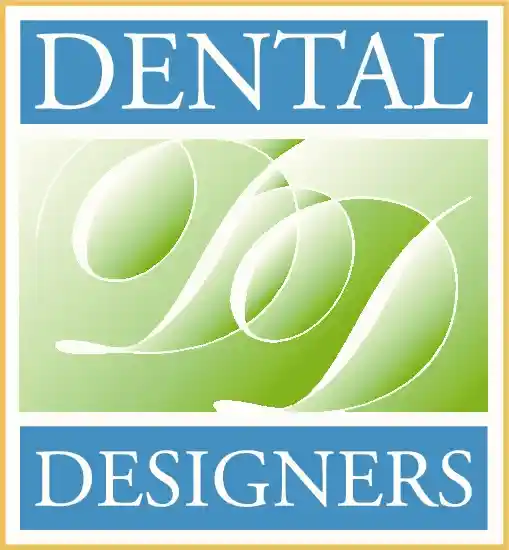How Often Should I Visit My Dentist in Rockford?

Experts, including the American Dental Association, recommend a dental checkup and cleaning every six months for optimal oral health and preventative care. Some people only go once a year, but more frequent visits allow us to spot problems early before they become complex and expensive. Our dentist in Rockford recommends dental visits once every 6 months.
Depending on their situation, high-risk patients, such as those with periodontal disease, may need dental visits more often. We customize your ideal checkup schedule based on your oral health status, risk factors, and needs. It is important to have regular dental checkups.
Before seeing a dentist in Rockford, don’t wait until you have pain or apparent issues. Routine exams and x-rays detect decay, infections, and other problems early when treatment is more straightforward, ensuring we provide affordable dental care. Protect your smile with regular preventative appointments.
What to Expect During the 1st Dental Visit
It’s typical to feel nervous going to any doctor or dentist for the first time! At Dental Designers Rockford, we specialize in making patients feel at ease when they walk in. We take extra time to explain what we’re doing and why so you understand the treatment process.
Many people find their first visit much smoother than anticipated. Modern techniques and technologies make procedures comfortable and painless. We also offer sedation dentistry for anxious patients—you may take oral medication to stay fully relaxed through treatment. Please let us know if you have any worries so we can accommodate them.
Our goal is for your first dental visit with us to be informative and pleasant, ensuring we are committed to providing the best experience. We want you to leave saying, “That wasn’t bad at all!” Most find getting quality dental care, including teeth whitening, is far less stressful than they imagined.
What is the Difference Between DDS and DMD?
As we mentioned, DDS (Doctor of Dental Surgery) and DMD (Doctor of Dental Medicine) degrees represent equivalent levels of education and training to become a licensed dentist. The degrees differ slightly in naming convention based on the university department that grants them.
DDS degrees tend to come from dental schools connected to universities. DMD degrees are generally awarded when the dental program is part of the university’s medical school. However, dentists have the same status and career options after graduating with either credential.
When choosing a dentist, look for the initials after their name that indicate they have completed dental school. Also, verify that your licenses are active and in good standing through your state dental board.
When Should a Baby Go to the Dentist?
We recommend bringing your child to the dentist by their first birthday or when you see their first tooth emerge. Early dental visits help kids get comfortable with the experience and allow us to spot potential problems early on through state-of-the-art dental procedures.
The American Academy of Pediatric Dentistry says all children should see a dentist by age 1. We can evaluate their oral development, clean any teeth that are in, and provide parents with tips on caring for their little smiles. Early preventative care is the best way to set them up for a lifetime of excellent dental health.
What Kind of Dentists Are There?
There are several recognized dental specialties. General or family dentists offer comprehensive care to patients of all ages – cleanings, fillings, crowns, extractions, etc. Here are some of the most common specialty areas in family dentistry:
- Pediatric Dentists: Focus on oral health for infants, children, and teens.
- Orthodontists: Correct bite issues and straighten teeth with braces.
- Periodontists: Treat gum disease and place dental implants.
- Oral Surgeons: Perform complex tooth extractions and other oral procedures.
- Endodontists: Specialize in root canals and interior tooth issues.
Most people need to see a general dentist for checkups and standard procedures. We refer patients to specialists for advanced treatments best handled by those with extra training in a specific field of dentistry.
Dentists are doctors who earn a doctoral-level degree to practice. Before becoming licensed, they complete a DDS (Doctor of Dental Surgery) or DMD (Doctor of Dental Medicine). The terms are interchangeable – both degrees meet the exact educational requirements.
Like physicians and surgeons, dentists undergo extensive training and knowledge of the human body, health issues, and treatment techniques to provide exceptional patient care. Dentistry focuses primarily on the oral cavity and related structures. Dentists can diagnose, treat, and maintain optimal health in this area.

